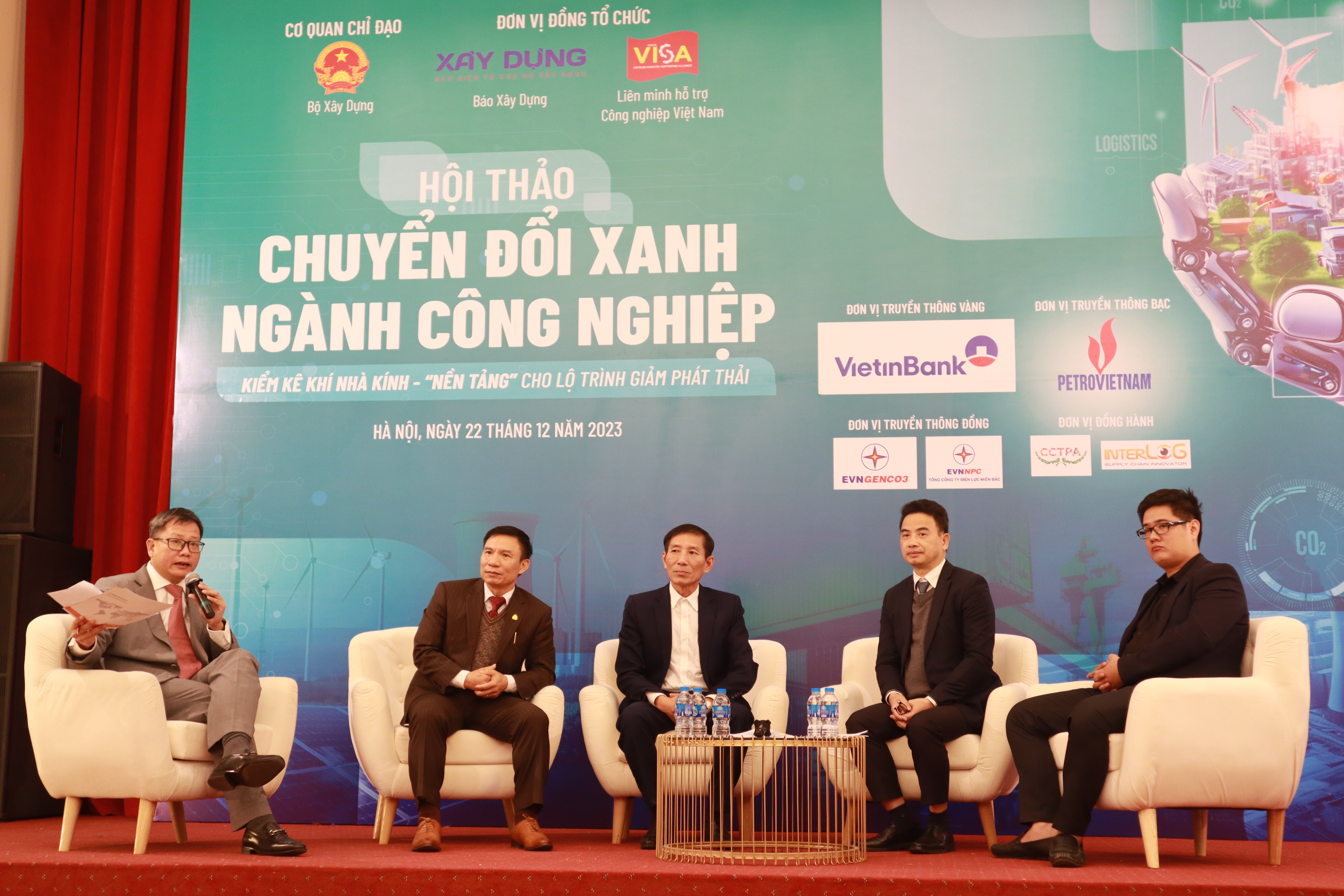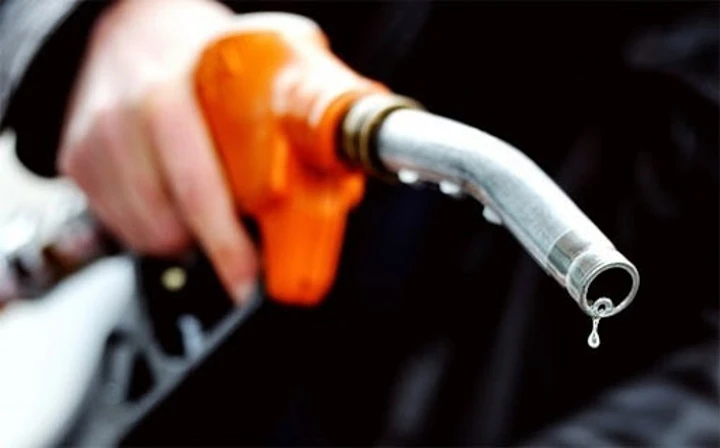


Seminar on Green Transition in Industries: Greenhouse Gas Inventory - "Foundation" for Emission Reduction Roadmap
From Decree 06/2022/ND-CP of the Government regulating mitigation of greenhouse gas emissions and protection of the ozone layer and Decision 01/2022/QD-TTg of the Prime Minister promulgating the list of sectors and establishments that must conduct greenhouse gas inventory, leading experts in the field of GHG Inventory pointed out challenges in implementation, providing solutions and guiding businesses to develop roadmaps for carbon emission reduction, oriented towards sustainable development in the future.
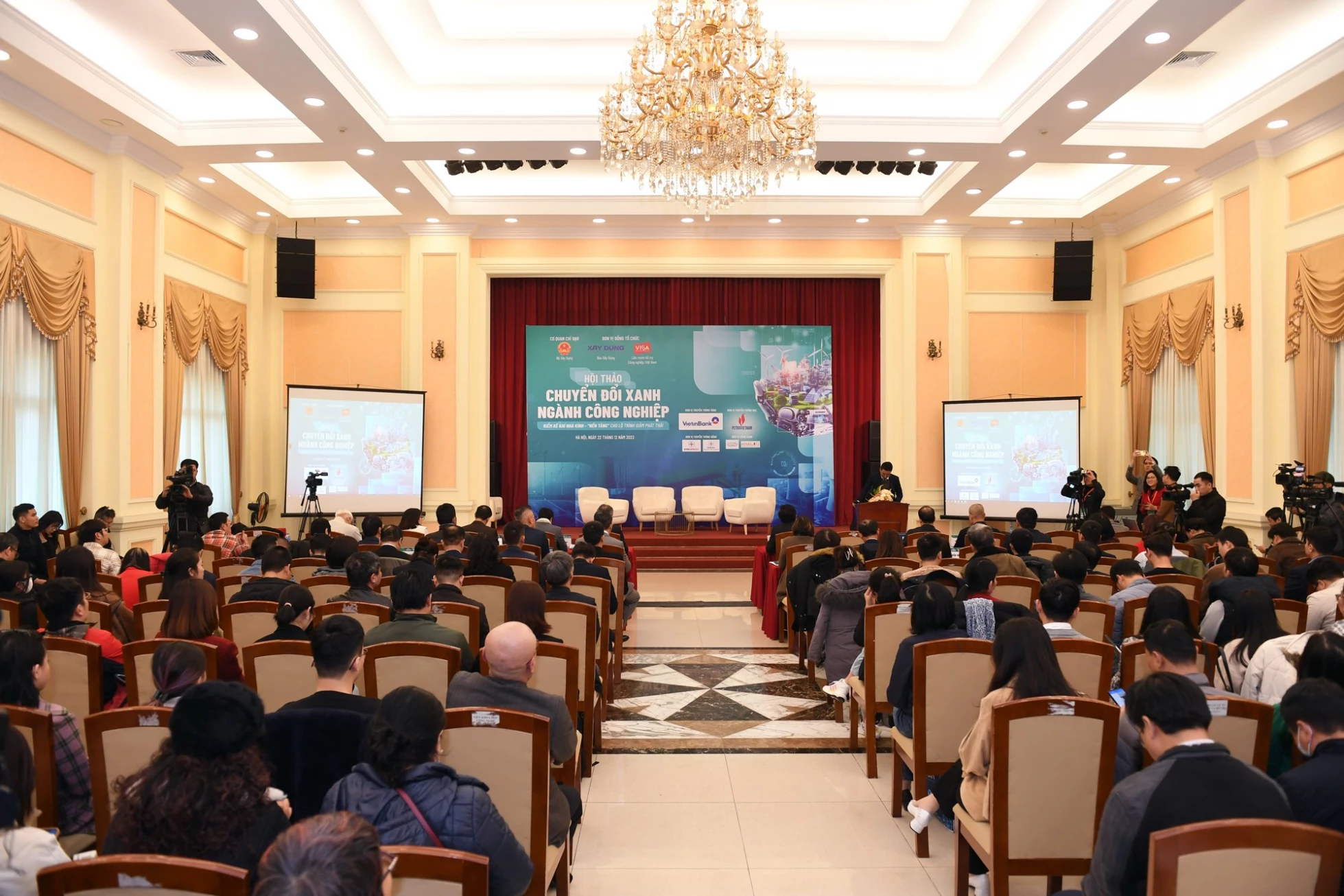
In the opening remarks at the seminar, Associate Professor Ph.D. Vu Ngoc Anh - Director of the Department of Science, Technology, and Environment - Ministry of Construction, assessed that the two primary sources of emissions in the construction industry are industrial processes (greenhouse gas emissions through chemical reactions) and the use of fossil fuels (direct emissions). In the past, the Ministry of Construction has conducted GHG inventory for priority construction materials industries, in which cement production is the industry with the largest share of greenhouse gas emissions, accounting for up to 90% of total emissions in construction materials production in 2022. To have an action plan to respond to climate change by 2030, the Ministry of Construction prioritizes GHG inventory. It plans to conduct measurement, reporting, and verification (MRV) of greenhouse gas emission reductions in the coming time. Therefore, today's seminar aims to increase knowledge about new legal regulations as well as provide technical guidance for management agencies and businesses operating in the industrial production sector.
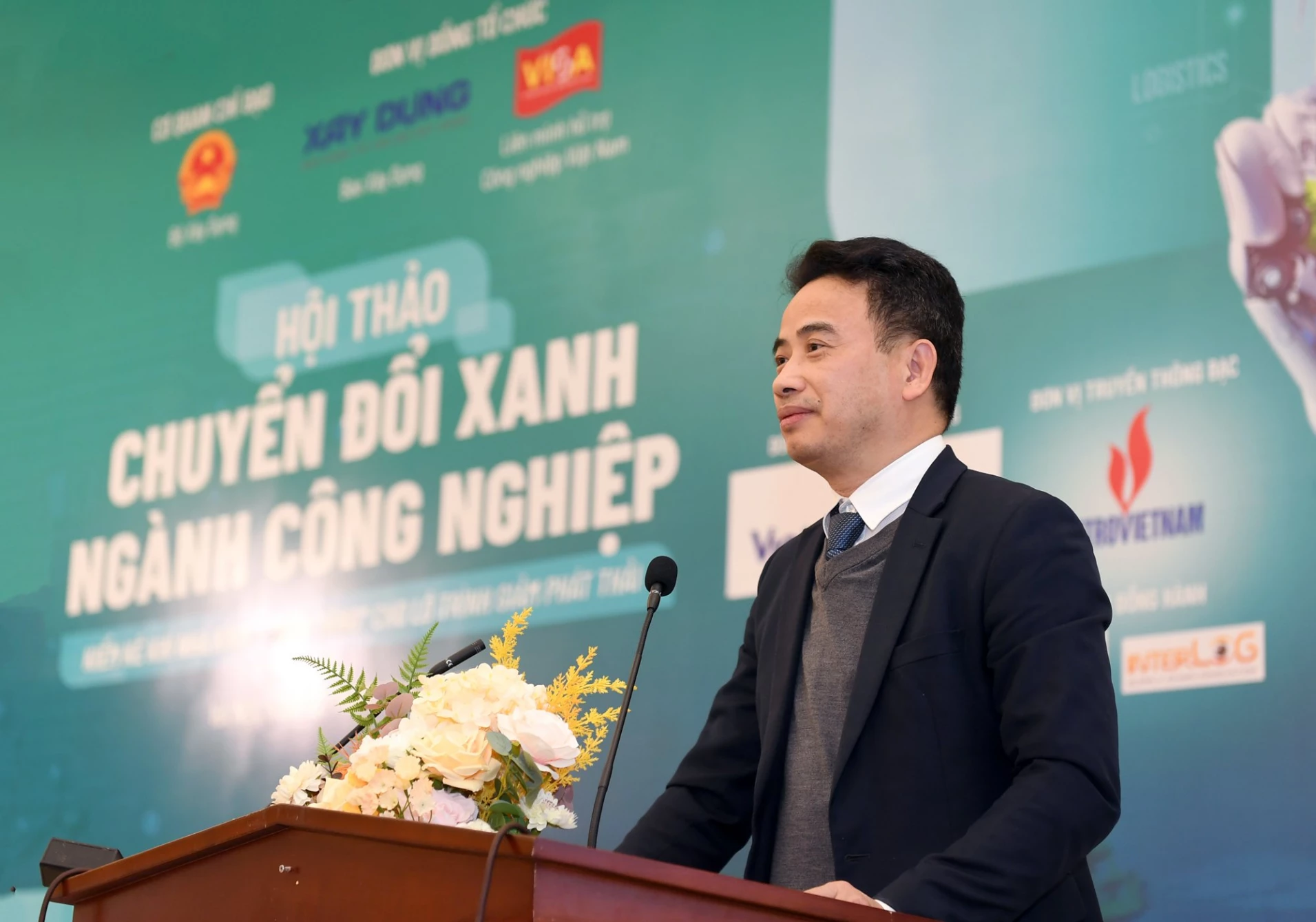
Representing the Vietnam Industrial Support Association (VISA), Mr. Ngo Ngoc Khanh - Vice Chairman, expressed: "Conducting greenhouse gas inventory is considered an important foundation to help businesses independently determine their emission data, thereby providing a basis for management to formulate sustainable emission reduction strategies. Through this seminar, we hope businesses will enhance their awareness of domestic and international legal regulations and proactively conduct preliminary emission inventories at their enterprises."
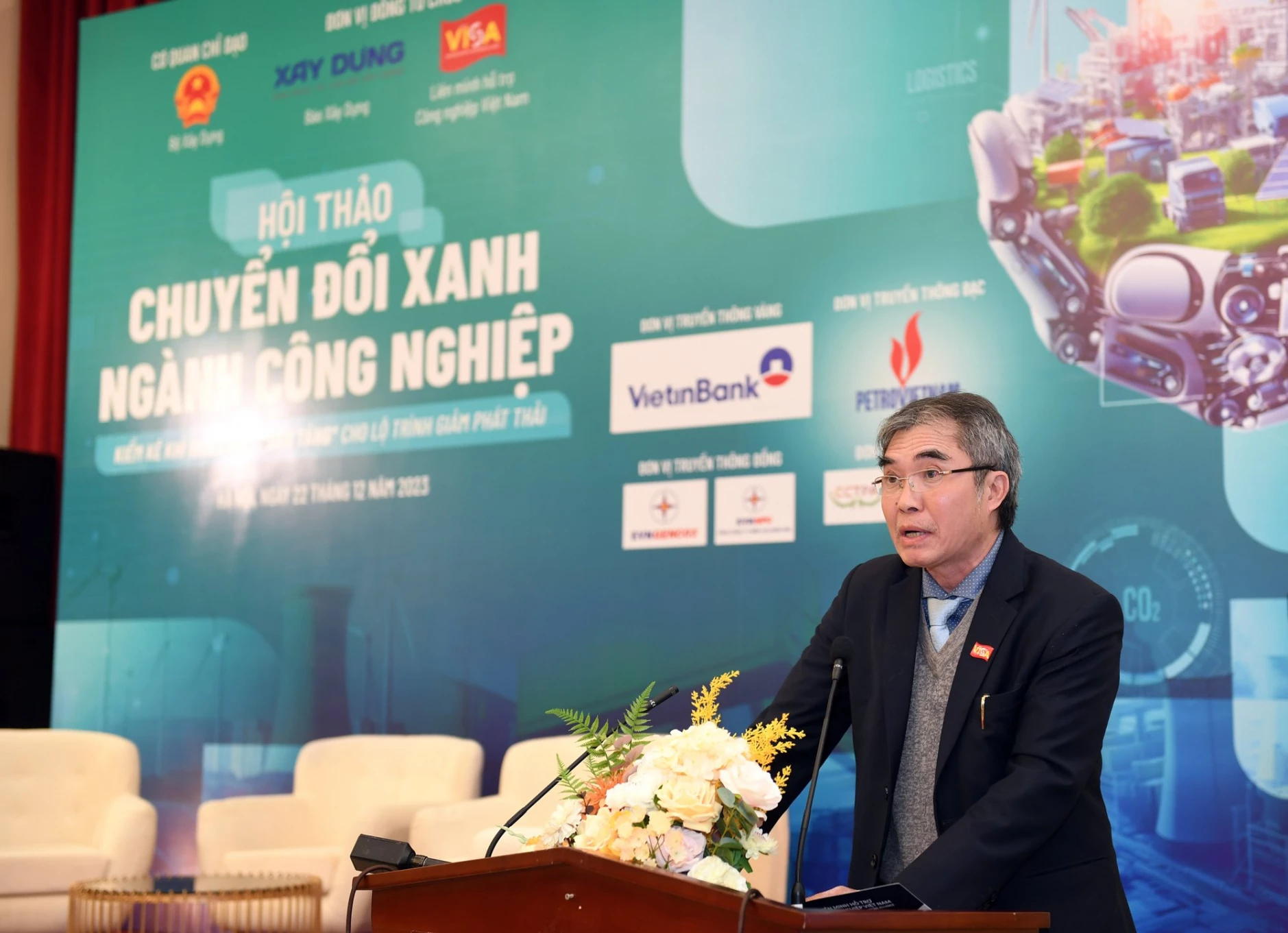
Assessing the importance of fully understanding legal regulations on GHG inventory and emission quota allocation methods, Mr. Luong Quang Huy - Climate Change Expert from the Department of Climate Change - Ministry of Natural Resources and Environment, said: "Vietnam is actively systematically implementing commitments from COP28, with the commitment to cut greenhouse gas emissions to zero by 2035. Therefore, ministries and sectors have issued regulations and emission quota allocation levels for each business. However, businesses often only focus on economic development and forget about allowed emission limits, leading to violations and having to pay fines, affecting the revenue and reputation of businesses. Therefore, understanding regulations in depth and being fully aware of provisions will help businesses avoid losses."
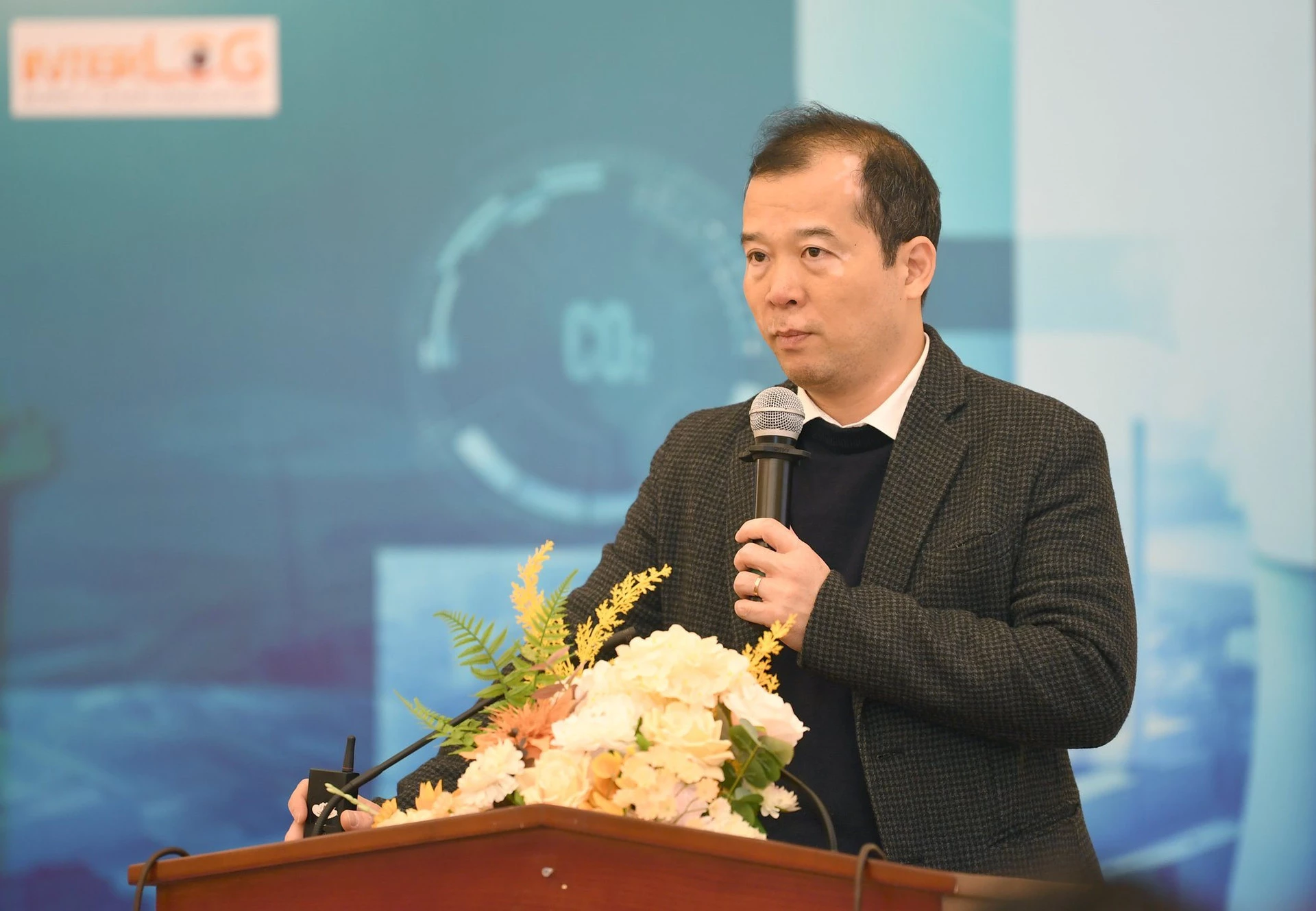
Regarding this work, Mr. Hoang Van Tam - Head of the Climate Change Office and Senior Officer of the Energy Conservation and Sustainable Development Department - Ministry of Industry and Trade, shared the experience of the Ministry of Industry and Trade in conducting GHG inventory at industrial production facilities. Accordingly, Mr. Tam concluded that in order to implement GHG inventory effectively, it is necessary first to improve climate change policies and laws, along with raising awareness of relevant parties, gradually increasing requirements for GHG inventory, and especially training and providing GHG inventory guidance for appropriate parties.
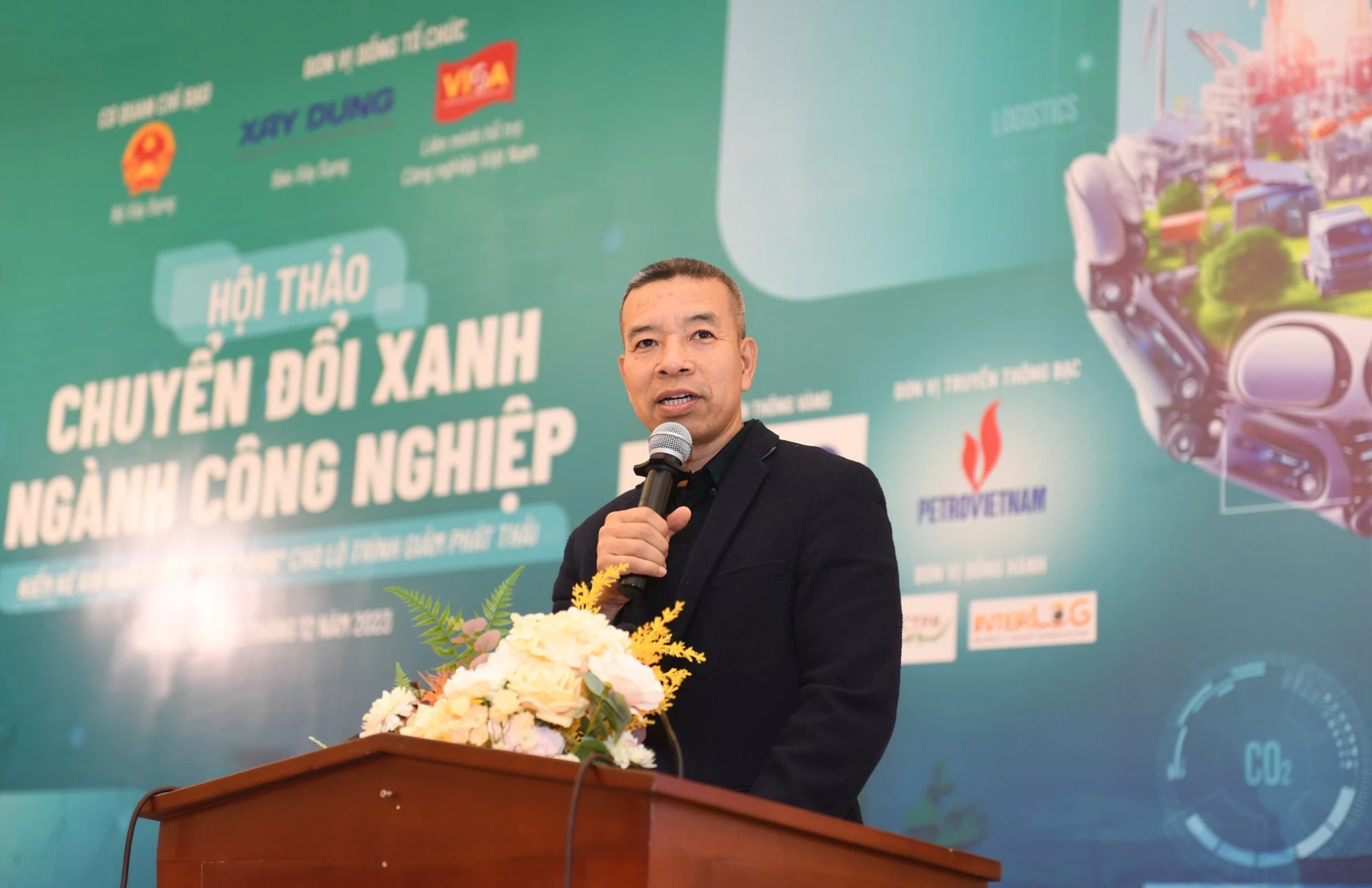
Aiming for greenhouse gas emission reduction and sustainable development, Mr. Huynh Thanh Trung - GHG Inventory Expert, also a member of the VISA alliance, raised practical requirements, case studies, and standards from foreign buyers, especially in demanding markets like the US, EU, and Japan for businesses in Vietnam. In particular, Mr. Huynh Thanh Trung specifically guided green transition models such as the ESG model, 4R model ..., and GHG inventory support tools for businesses. International standards related to green labeling of construction materials industry products and related certifications, such as ISO 14001, NAHBGreen, Green Seal, Declare Label, etc., help businesses evaluate, control, and reduce negative environmental impacts of activities and products.
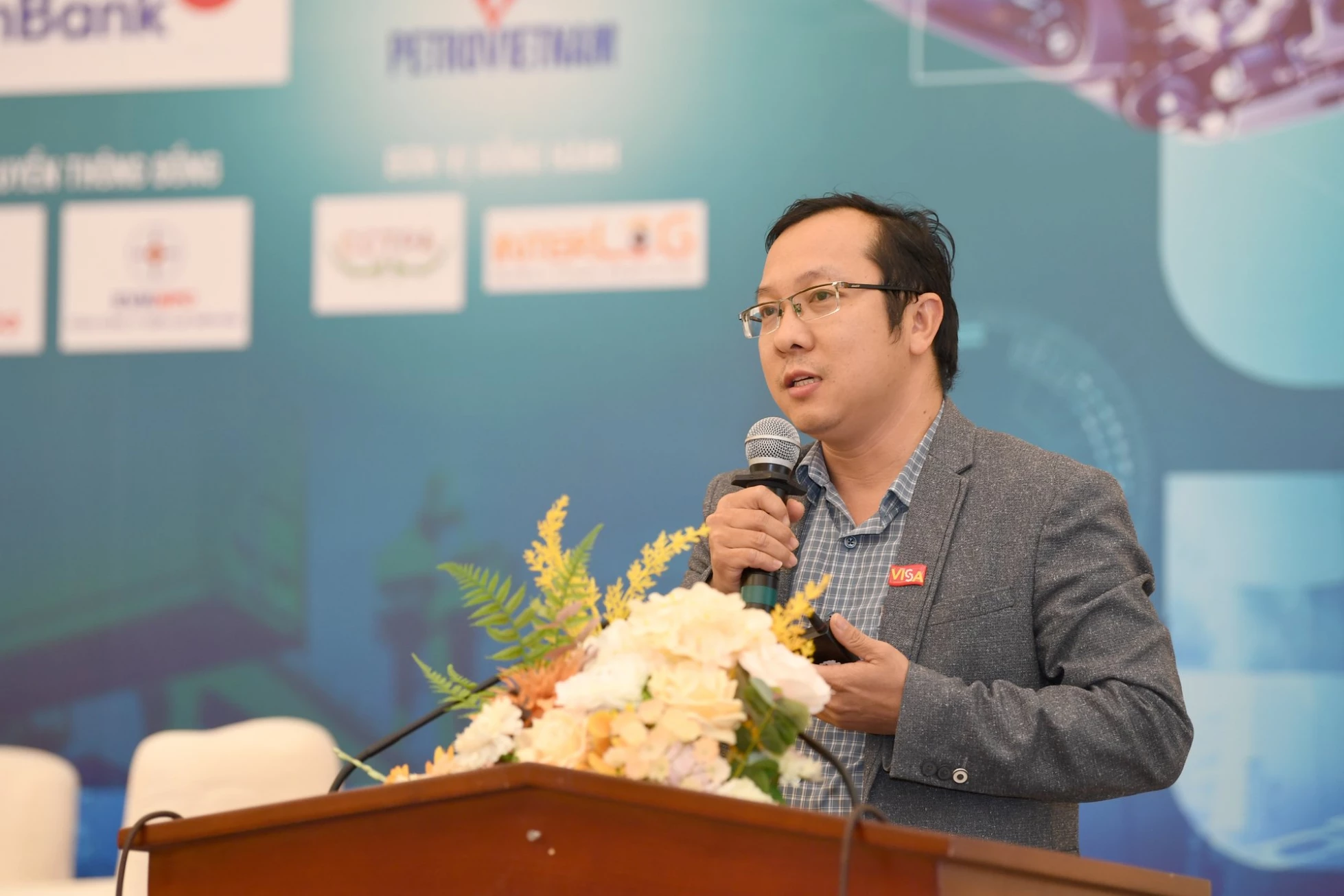
In addition to speakers, the seminar also had the participation of representatives from manufacturing companies, representatives of Industrial Park Management Boards, and infrastructure, energy, and logistics units. At the seminar, representatives from these units also shared practical experiences and carbon emission reduction roadmaps. This gave other businesses a more realistic perspective on implementation approaches and lessons learned for their businesses.
As a pioneering unit in developing solutions for manufacturing companies' supply chains, focusing on sustainable development trends, InterLOG Company has always stood side by side with industry associations to create connections and deliver value to manufacturing businesses. Ms. Pham Thi Tinh - Commercial Director of InterLOG Hanoi Branch, who is also Head of the Solutions Board of VISA Alliance, expressed: "In the current difficult economic context, foreign lead firms will prioritize choosing green suppliers to achieve the goal of reducing negative impacts on people, society and the environment. As a link in the global supply chain, with the role of an active member researching solutions for the Vietnamese industry community, InterLOG has studied and proposed solutions for businesses, focusing on optimizing transportation processes with logistics industry solutions. Specifically, InterLOG proposed a combined barge tracking solution with a scale of 500 TEU/year for containerized goods, helping businesses reduce about 100,000 kg of CO2 and save 200,000,000 VND in costs yearly. In addition, for small consignments, the ICD Tiên Sơn aggregation solution that InterLOG provides customers will help goods at ICD be cleared faster than at seaports. Moreover, with a scale of 250 tons/year, businesses can reduce 2,000 kg of CO2 and save 50,000,000 VND in transportation costs yearly. By leveraging green transition solutions, businesses can enhance their competitiveness in the current period to jointly pursue the goal of a strong Vietnam by 2045, contributing to the Green Dossiers for Vietnamese businesses to access global supply chains."
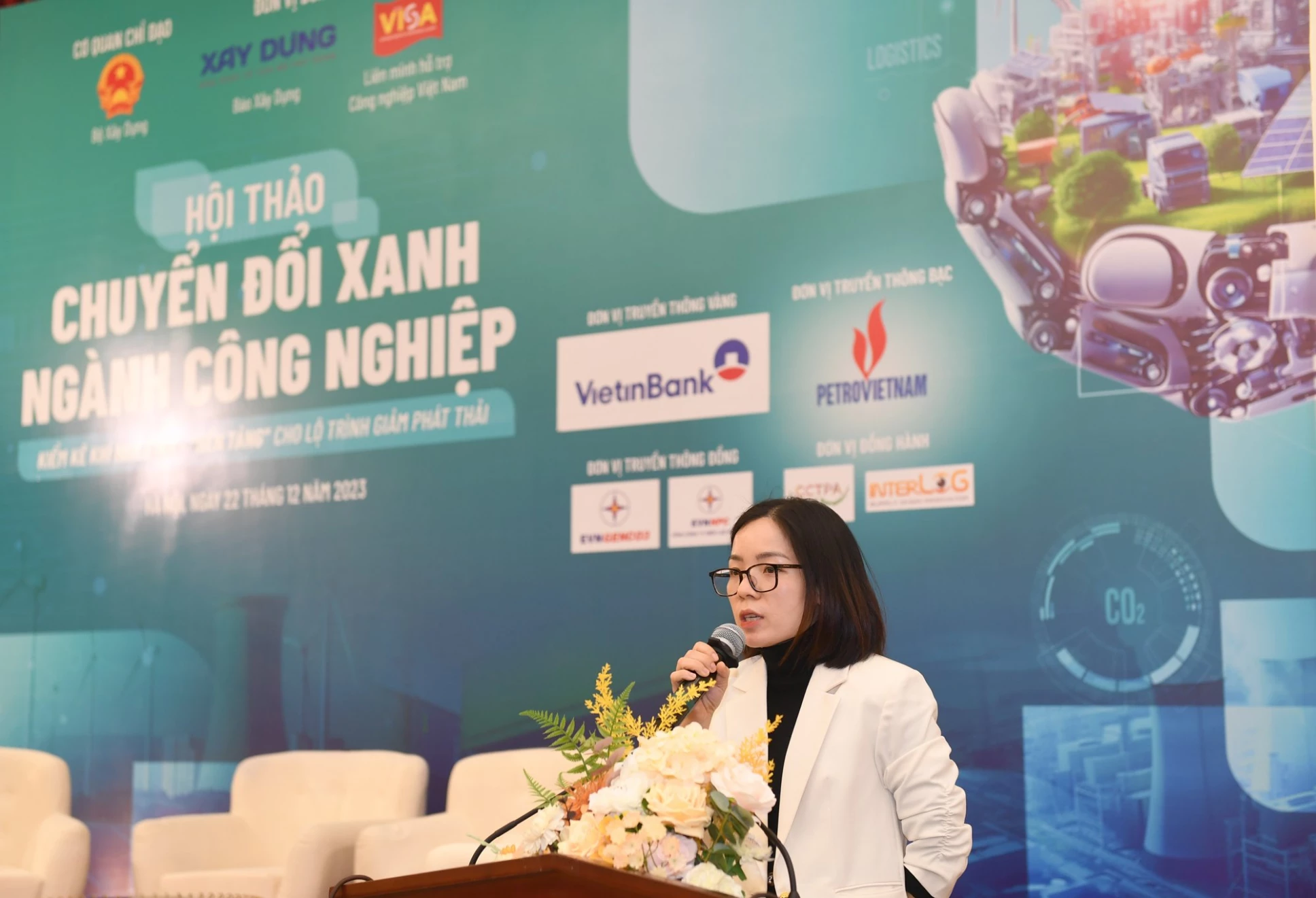
The seminar "Green Transition in Industries: Greenhouse Gas Inventory - 'Foundation' for Emission Reduction Roadmap" was the next activity in the series of events "Industrial Green Transition Towards Net-Zero for Sustainable Development Goals" organized continuously from July 2023 by InterLOG in collaboration with the VISA Alliance. Through this series of seminars, businesses will gradually be equipped with comprehensive knowledge and practical experience to refine their Industrial Green Transition Roadmap. The seminars aim to help businesses master relevant policies, inventory methodologies, and emission reduction solutions to develop emission reduction commitments and pathways towards net zero in line with sustainable development.
